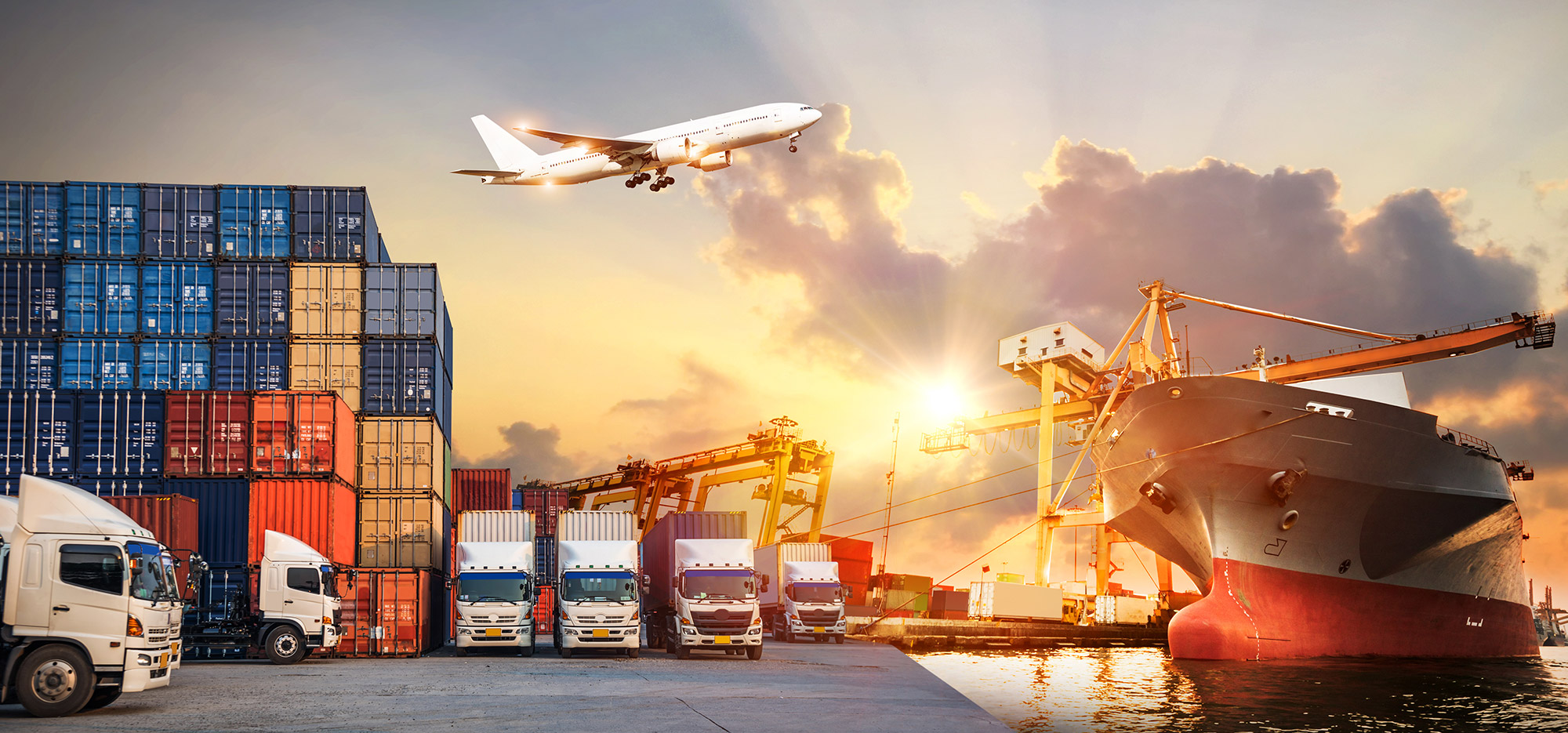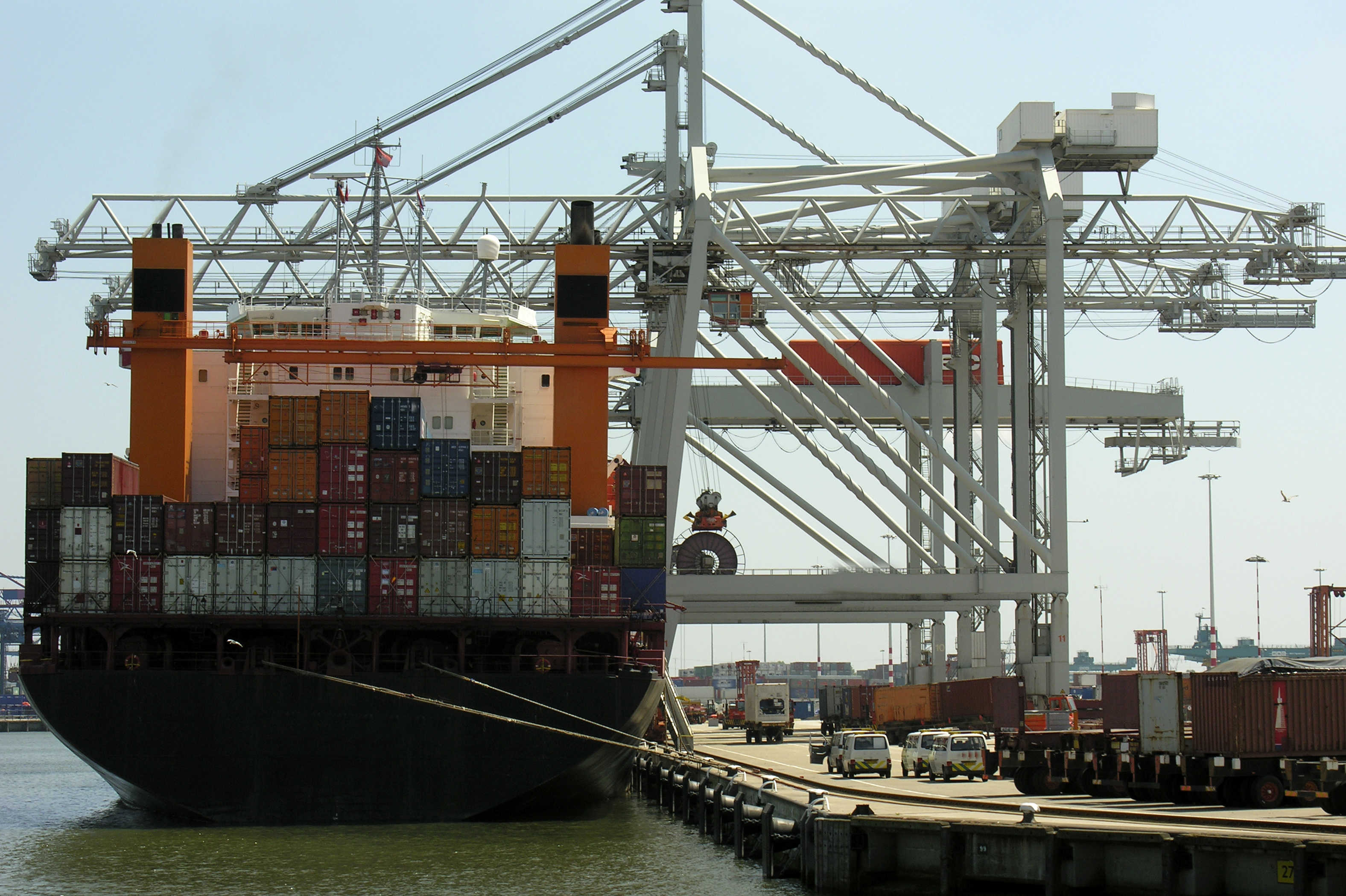The import and export of goods is a pivotal element for any business transporting products. However, though the business opportunities are significant, sending items overseas can be more daunting than inland.
The term “freight forwarder” is often confused with cargo shipper or supply chain manager. Freight forwarders are neither of these, if they may take on similar responsibilities.
If you’re wondering what they actually do, this article is for you. We’ll discuss the role of a freight forwarder company, how it differs from a freight broker, and some benefits of using their services.

What Is a Freight Forwarder?
A freight forwarding company focuses on the arrangement of cargo on behalf of shippers. They organise efficient and cost-effective transportation of goods. The variety of supply chain services involved include:
- Sea or air freight
- Door-to-door road freight
- Documentation preparation
- Cargo customs compliance and insurance
- Insurance
What Are the Steps in Freight Forwarding?
The forwarding process for international shipments can be split into six key phases:
- Export haulage: transfers the products from their initial point to the forwarder’s processing warehouse.
- Export customs clearance: where the goods are approved to exit the country. Prohibited items, such as weapons, must be omitted from the cargo before it reaches the port grounds.
- Arrival and handling process: involves unloading, inspecting, and validating the freight against the applicable documents. All pending paperwork must be complete.
- Import customs clearance: the customs documentation for the cargo is verified by authorities.
- Destination handling: is the cargo handling once it arrives at the destination office, including the transfer to the import distribution warehouse.
- Import haulage: is the inland transport of the freight from the import warehouse to its last destination.
What Is the Difference Between a Freight Broker and Freight Forwarder?
These titles are often used interchangeably, however, they serve different purposes:
Freight Brokers
Freight brokers work as intermediaries, to connect carriers and shippers. They are not held responsible for the handling of a shipment. Therefore, not accountable for claims if the cargo is damaged or any other issue.
They register with the FMCSA (Federal Motor Carrier Safety Administration) and have insurance to protect their assets against loss or damage.
Freight Forwarders
In contrast, freight forwarders will store goods for customers and arrange shipment transportation. Although they provide the same services as freight brokers, they become legally responsible for the goods. They must take the necessary steps to preserve and protect them. They are liable for any subsequent loss or damage.
What Are the Advantages of Freight Forwarders?
Here are some benefits of working with a freight forwarder company:
Competitive Pricing
Freight forwarders arrange competitive pricing based on the customer’s requirements. They can offer lower prices through bulk shipments by consolidating the goods of multiple customers. Full containers reduce the end freight charge and the number of shipments.
Specialist Service
They typically specialise in a particular service, transport mode, or market. This allows a business to select the services they want the forwarder to handle, and offers more control over shipment handling.
Knowledge and Experience
Expertise and knowledge are essential for importing or exporting goods. As a forwarding company’s work is accomplished through the customs clearance process, they’ll have access to the most up-to-date information regarding customs regulations. They’ll be knowledgeable in handling all the documentation, and responsible for tax and tariff payments.
Arrival Time Guaranteed
A freight forwarder will provide a guaranteed time limit for the arrival of your goods at a particular location. Routes are strategically planned with alternate measures discussed to cover emergencies and ensure your goods are delivered on time.
Freight Forwarding Companies Run the Show
Confusion about what a freight forwarder company actually does is common. The misunderstanding arises due to the numerous companies and job roles involved in importing and exporting goods.
A freight forwarder oversees the entire end-to-end operation. They are legally responsible for the goods, and ensure all check-points of the entire process are handled efficiently. They are the intermediary between the business owner and getting their goods delivered inland or internationally by an agreed date.












